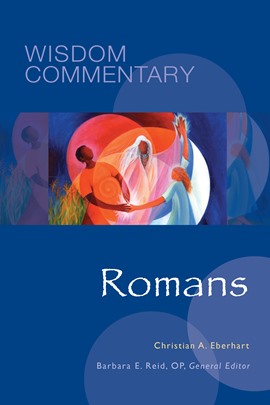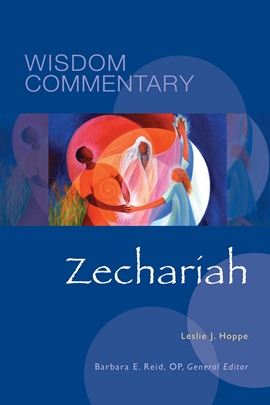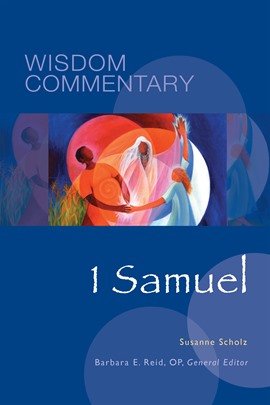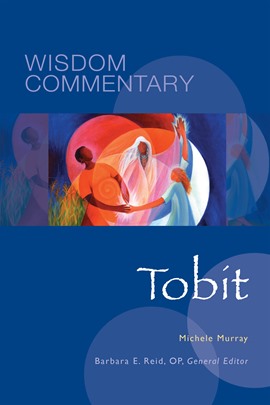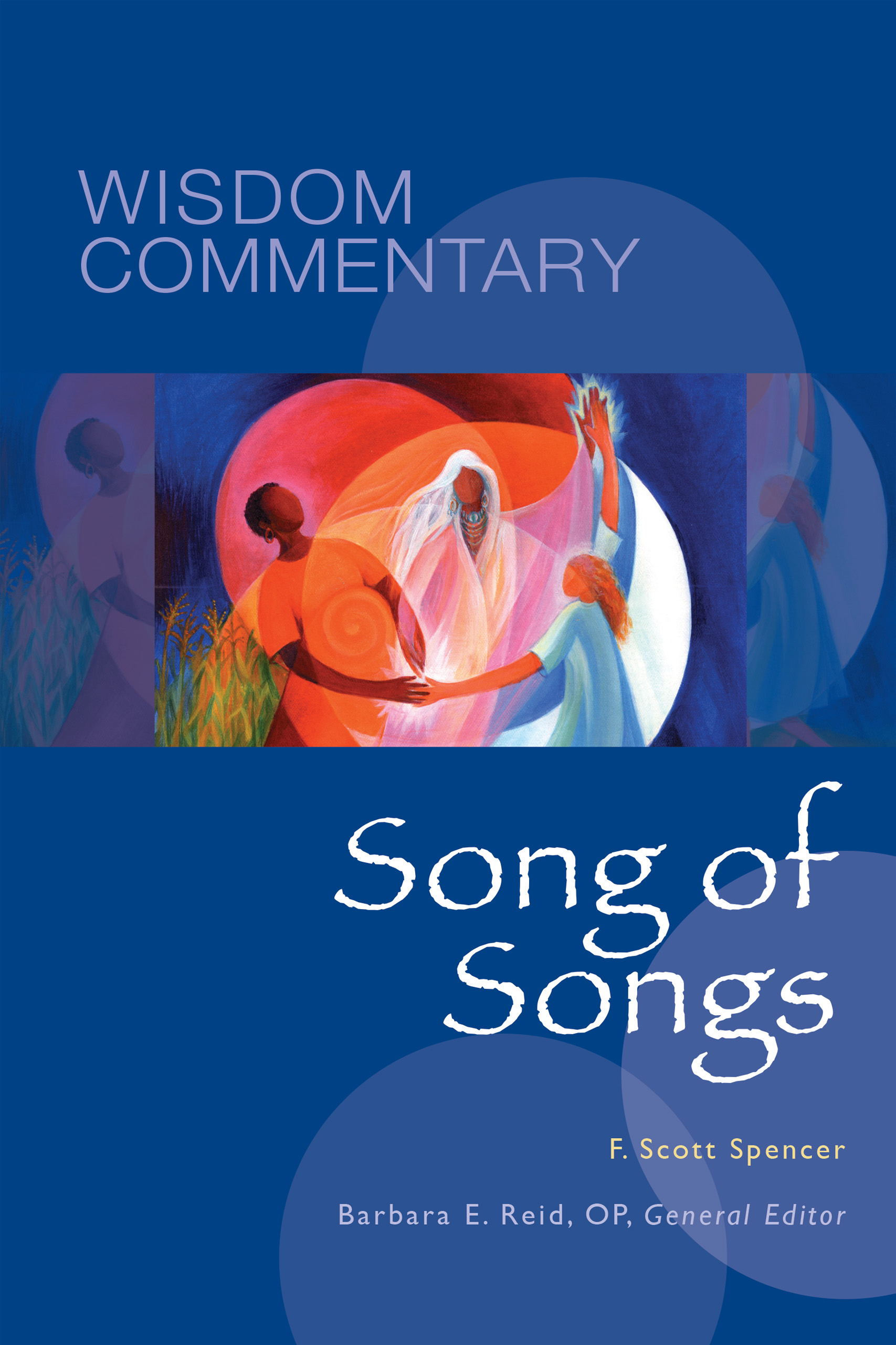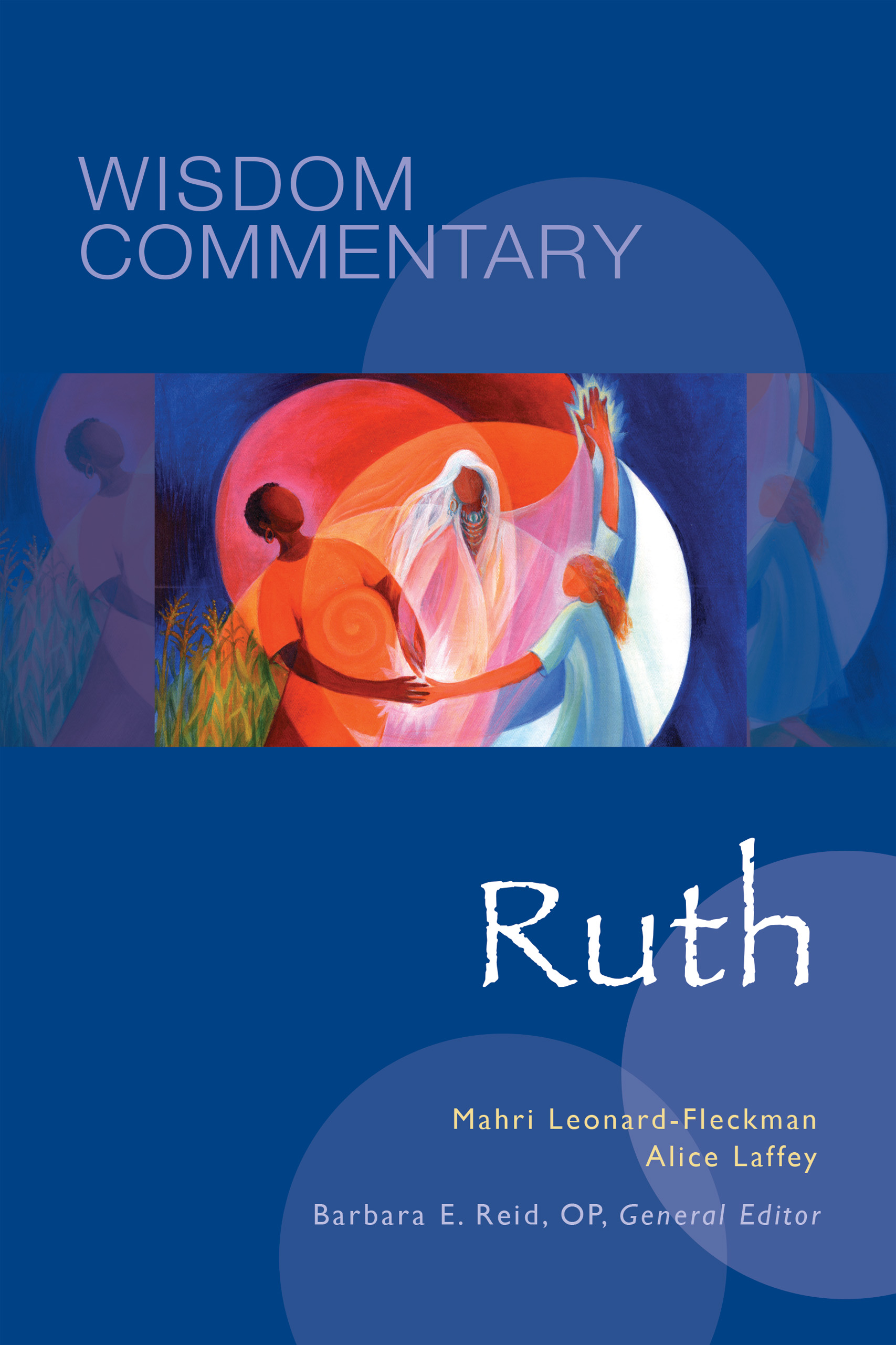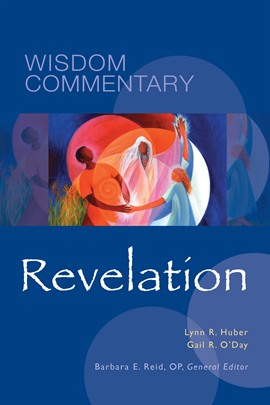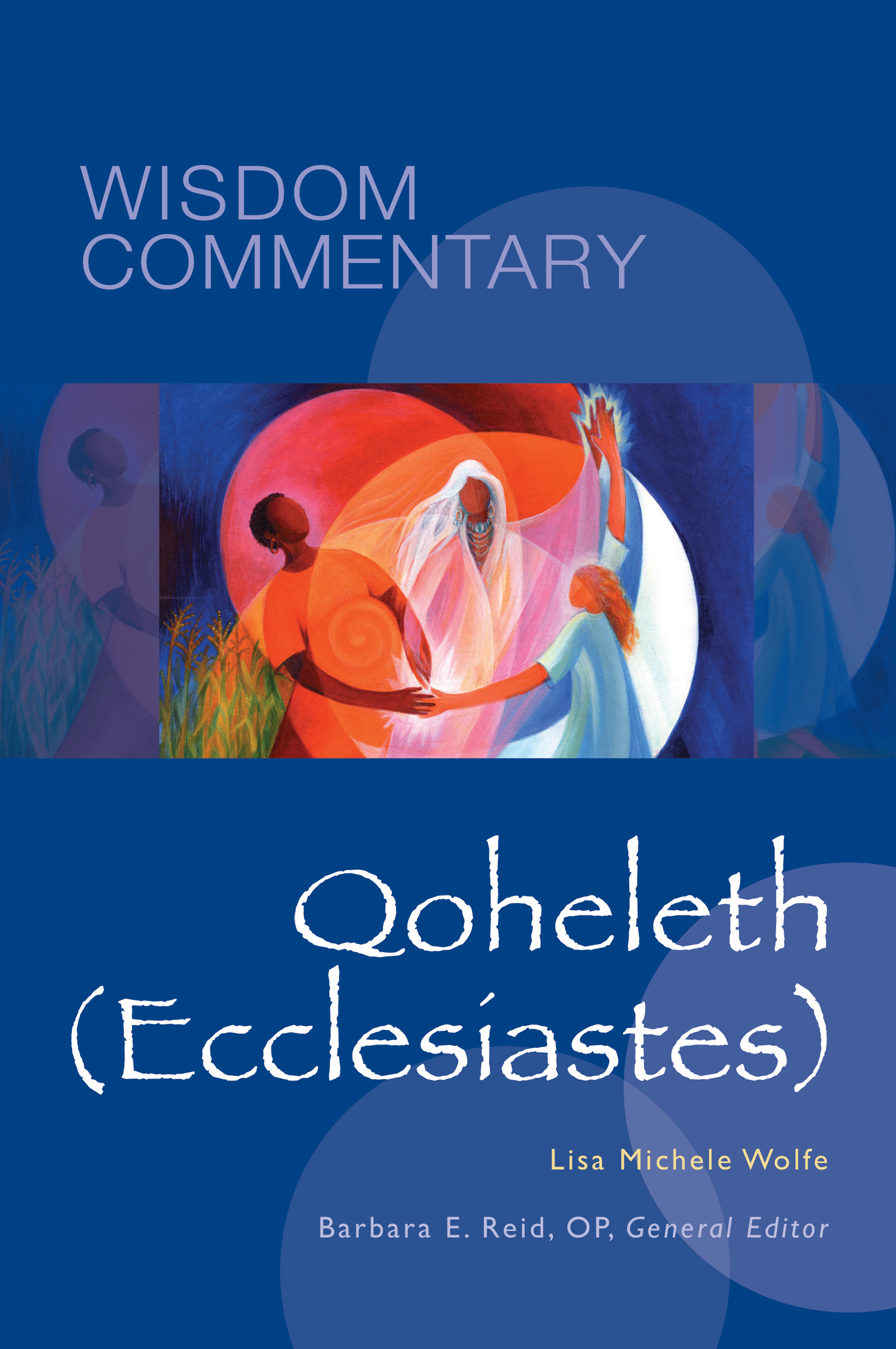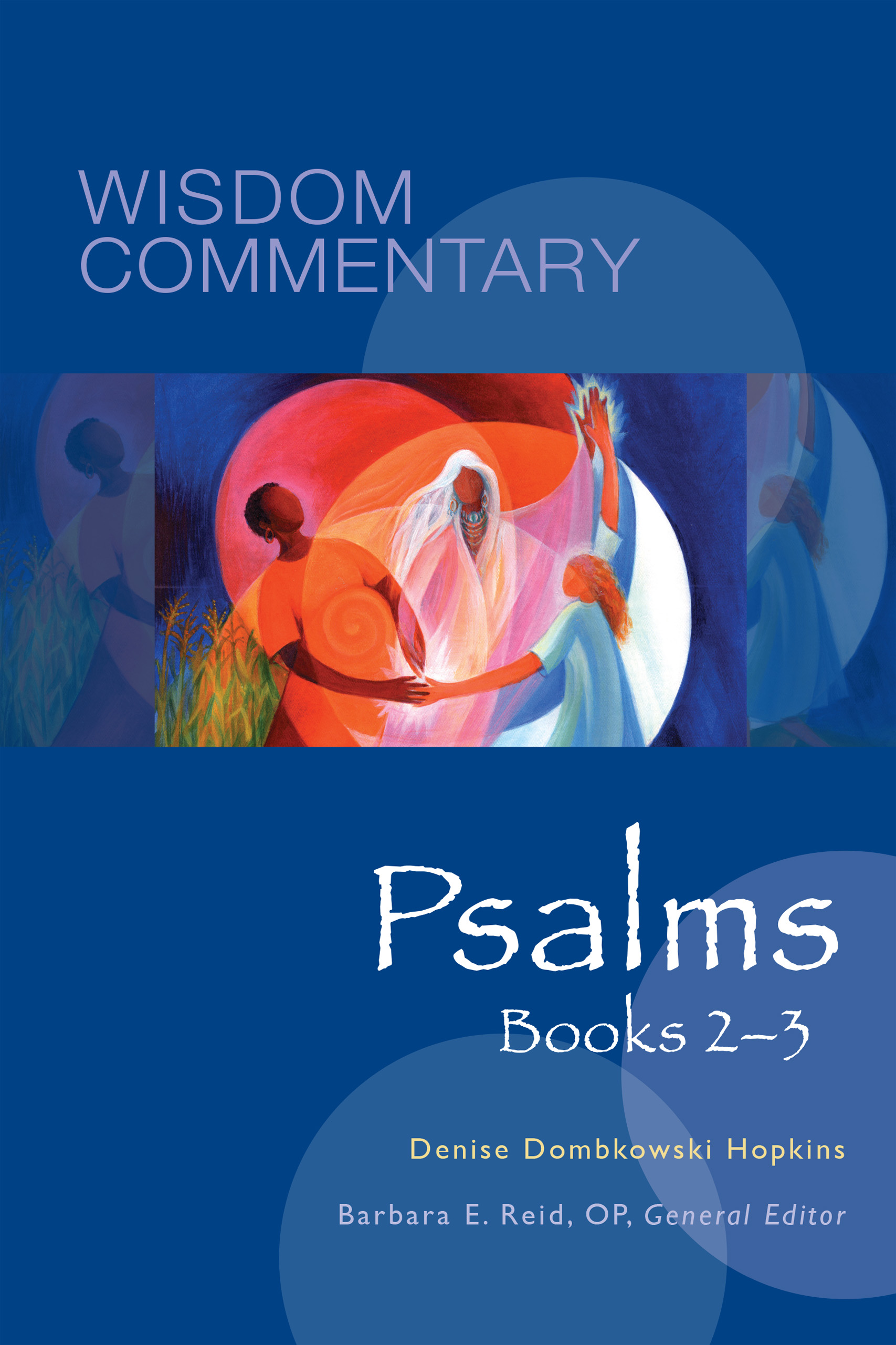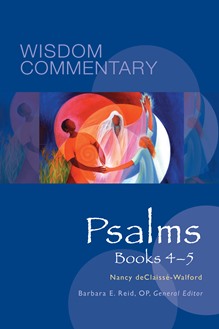Though the five poems of Lamentations undoubtedly refer to the Babylonian siege and destruction of Jerusalem in 587 BCE, the multiple voices that narrate unspeakable suffering and labor to make sense of the surrounding horror do so at women’s expense.
In the opening chapters, a prevailing metaphor of Jerusalem as a woman (Woman Zion) portrays a weeping widow, abandoned and alone, who soon becomes the target of blame for the downfall of the city and its inhabitants. Vague sexual improprieties craft the basis of her sinfulness, seemingly to justify her immense suffering as punishment. The damning effect of such a metaphor finds company in subsequent accounts of women, young girls, and mothers-all victims of the destruction recorded therein. But this feminist interpretation of Lamentations does not stop at merely documenting the case against women; it also demonstrates how such texts can serve as sources of strength by lifting up portraits of courageous resistance amid the rubble of misogynist landscapes.
Gina Hens-Piazza is Joseph S. Alemany Professor of Biblical Studies at the Jesuit School of Theology of Santa Clara University, a school within the Graduate Theological Union in Berkeley, California. She is the author of Of Methods, Monarchs, and Meanings: An Approach to Socio-Rhetorical Exegesis; New Historicism and Biblical Interpretation in the Guides to Biblical Scholarship series; Nameless, Blameless and without Shame: The Tale of Two Cannibal Mothers before a King in the Interfaces series; and Abingdon Old Testament Commentaries: 1 and 2 Kings. Hens-Piazza is a frequent lecturer nationally and internationally. She received her PhD and MPhil from Union Theological Seminary, New York, and her MA from Vanderbilt University.

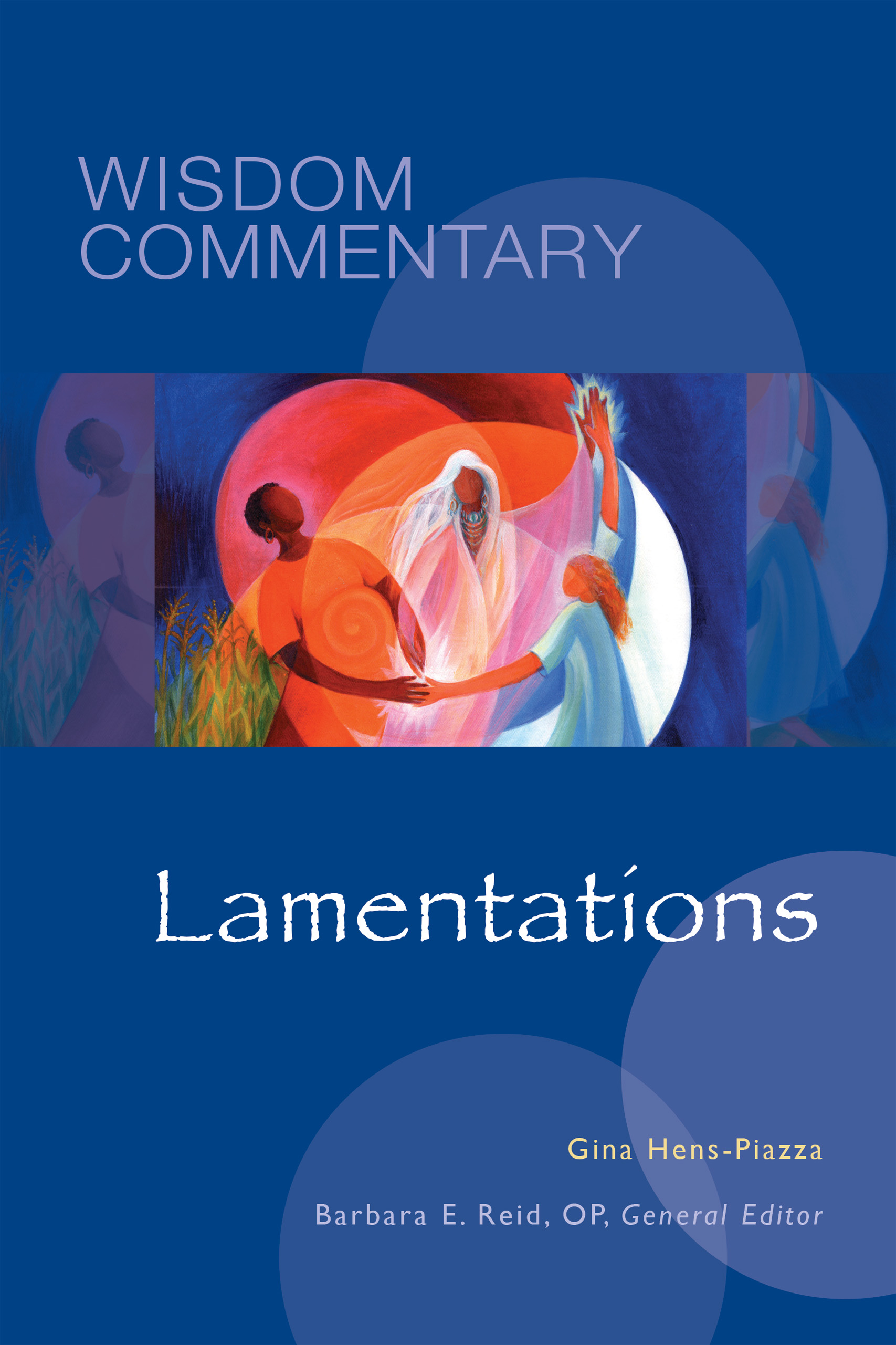
 Back
Back
